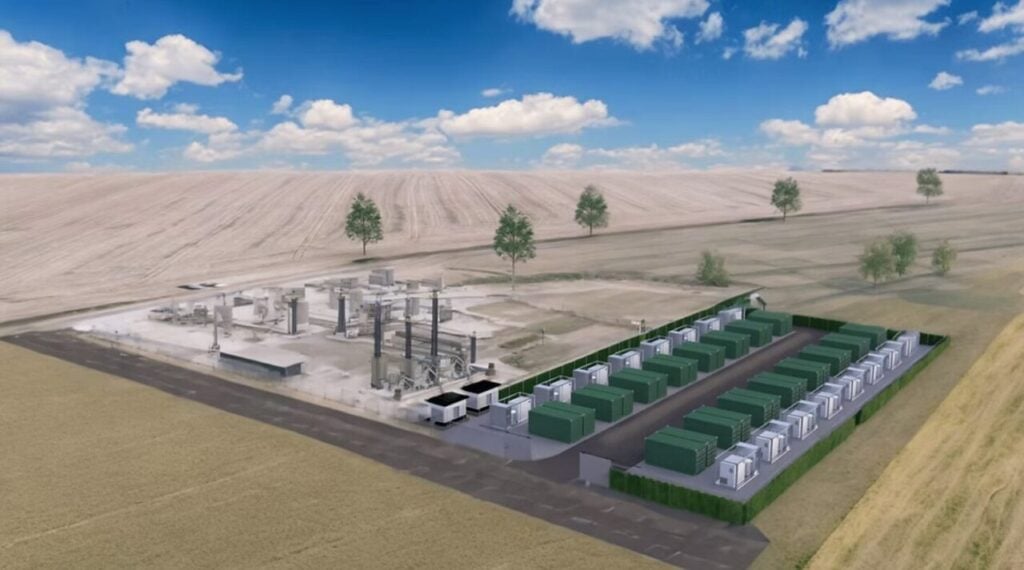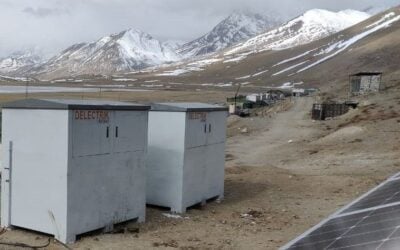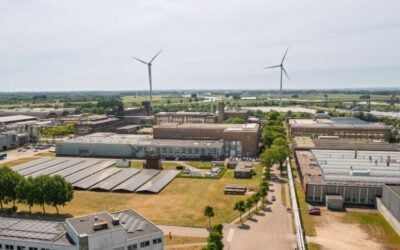
Regulators in Germany are considering two big reforms that could significantly change or improve the business case for BESS, while developer-operator Green Flexibility has announced its first major project.
Network tariff reform
The Bundesnetzagentur, which regulates industry in Germany, has launched proceedings on what it called the ‘general electricity framework determination’ which would see a change to grid fees, or ‘network tariffs’.
“We have to reform the system used to impose network tariffs. Firstly, the number of users paying the full tariff is getting smaller and smaller, while costs continue to rise. Secondly, we do not have sufficiently effective signals as to how and where installations can be operated cost-effectively in order to avoid an unnecessarily expensive rollout of the networks. Thirdly, the current system has no incentives to reward flexible behaviour, but rather the opposite,” said Klaus Müller, president of the Bundesnetzagentur.
“Our aim is to make the network tariff system fit for the future and adapt it to the challenges of the energy transition. We are at the start of our decision-making process and are going into it with an open mind as to the outcome.”
Try Premium for just $1
- Full premium access for the first month at only $1
- Converts to an annual rate after 30 days unless cancelled
- Cancel anytime during the trial period
Premium Benefits
- Expert industry analysis and interviews
- Digital access to PV Tech Power journal
- Exclusive event discounts
Or get the full Premium subscription right away
Or continue reading this article for free
Currently, tariffs are only paid by final network consumers and the Bundesnetzagentur is considering how the tariffs could be paid by those feeding in electricity into the grid to spread the cost amongst more payers. Options being considered are standing charges, capacity prices and dynamic network tariffs based on time-related local price signals, such as time-of-use network tariffs.
Energy storage facilities are currently exempted from the network tariffs until 2029 and the regulator wants to come up with a long-term framework that is appropriate for the technology and helps it integrate properly into the grid.
“For the electricity system, it would therefore make sense to find a grid tariff regime for storage that restricts activity in the electricity and system service markets as little as possible while simultaneously providing a cost-reflective financing contribution to the grid,” a discussion paper released by the Bundesnetzagentur said.
TSOs to open up inertia market
In related regulatory news that would have big implications for energy storage, German transmission system operators (TSOs) will start to pay battery energy storage system (BESS) resources for inertia services starting next year.
System integrator Fluence’s director for marketing, policy and public affairs EMEA Lars Stephan said that, while the final price is to be determined, it means those deploying BESS now should seriously considering including grid-forming capabilities to be ready to provide it (in a post about the new regulation on LinkedIn).
German TSOs, of which there are four, will pay BESS and other resources for inertia capability based on a fixed price to be published by 28 January 2026 latest. The price will be valid for two years and the next prices will be published a minimum of six months in advance, Stephan said.
Contracts with TSOs will be 2-10 years, and payments based on availability will be made annually with higher payments for those with over 90% availability. There will be four different products and BESS will likely go for the best-paid ‘premium product, he added. BESS will have to comply with a specified technical definition for inertia.
Stephan will be moderating a panel on another highly relevant reform process for BESS, the capacity market (CM), at next month’s inaugural Energy Storage Summit Germany 2025 in Stuttgart, 3-5 June.
Green Flexibility and Enertrag partner on 130MWh BESS
In project news, developer-operator Green Flexibility and developer Enertrag have partnered to develop a 60MW/130MWh BESS project with the aim to commission it in 2026.
The partnership combines Enertrag’s experience in developing renewables and Green Flexibility’s expertise in BESS, Green Flexibility said. The project will require €45 million in investment (US$51 million).
Energy-Storage.news interviewed Green Flexibility CEO CEO Christoph Ostermann shortly after the company announced itself onto the scene with a €400 million investment commitment from private equity firm Partners Group.
Ostermann co-founded battery and virtual power plant (VPP) pioneer Sonnen in 2010, and most of Green Flexibilitys’ team is ex-Sonnen.
In the interview in February (Premium access), Ostermann said that the German BESS development market was overly saturated and that the ‘hype would now come to end’ with a period of consolidation.





